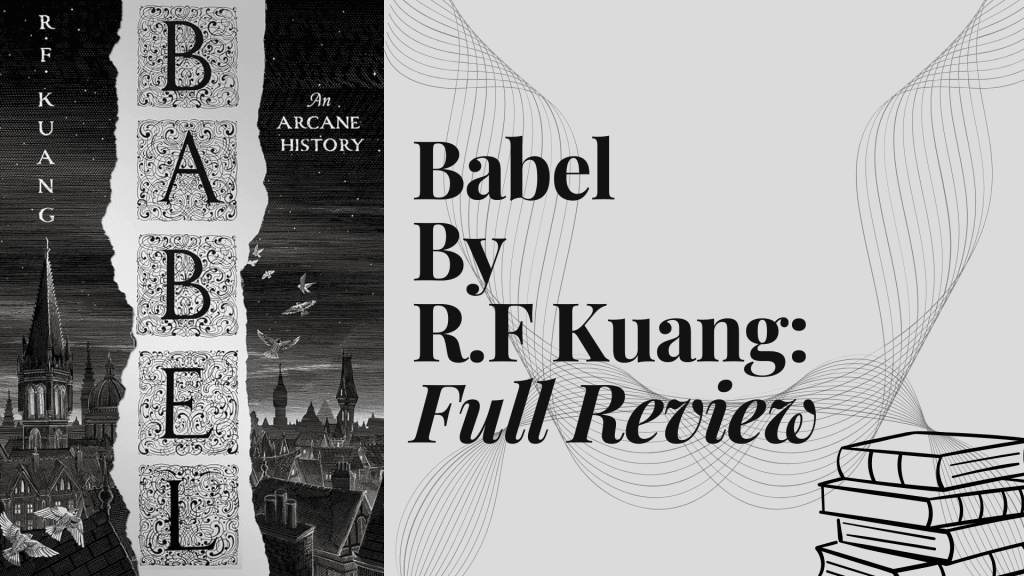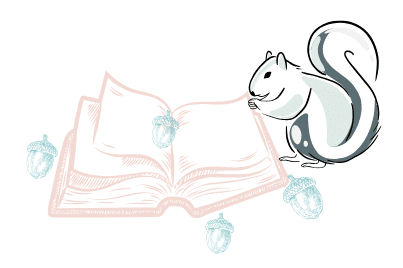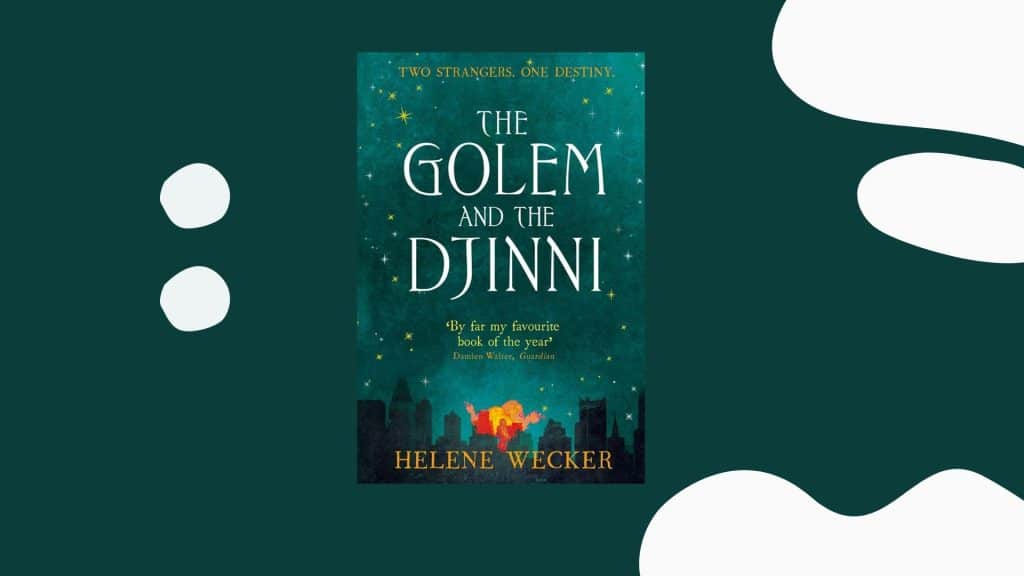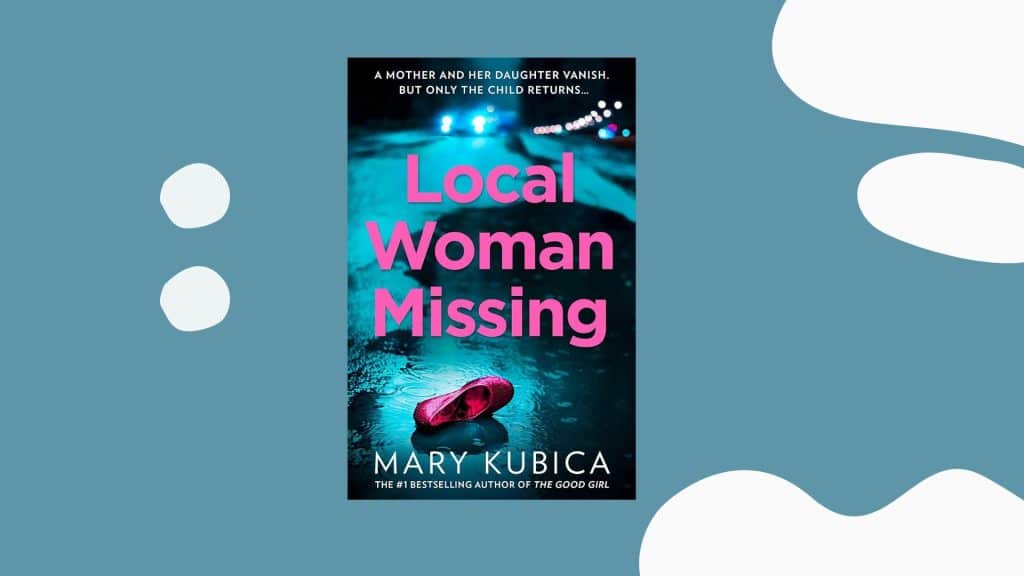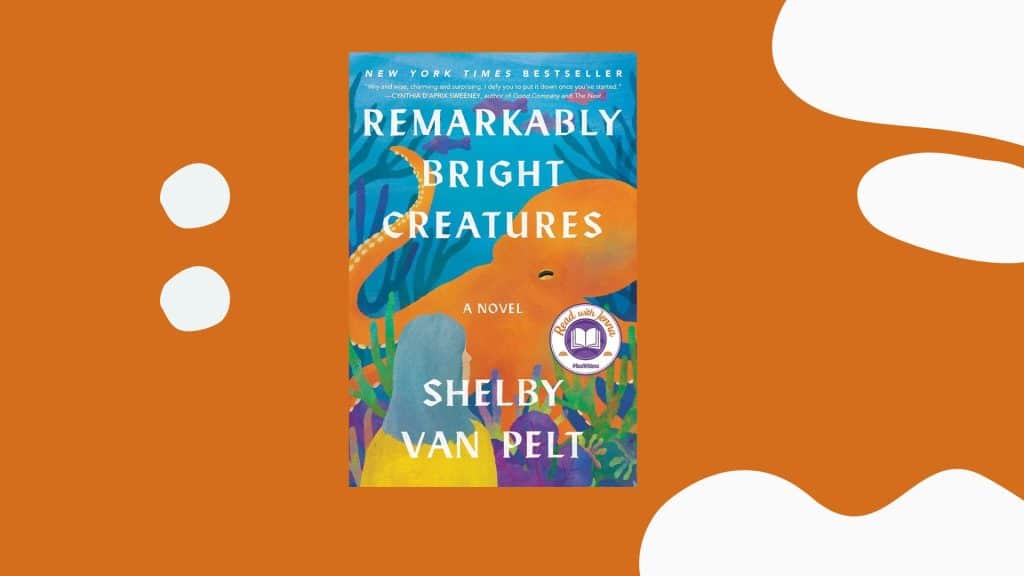“Language is a weapon, and we are wielding it against each other.” ― R.F. Kuang, Babel
Babel by R.F. Kuang is a masterful dark academia fantasy that examines the insidious relationship between language, translation, colonialism, and power.
Set in an alternative 1830s Oxford, the novel follows a Chinese orphan who is brought to Britain to study at the prestigious Royal Institute of Translation—commonly known as Babel.
With its rich historical detail, complex magical system based on silver-working and translation, and unflinching examination of British imperialism, Babel offers both intellectual stimulation and emotional resonance.
This ambitious work blends elements of historical fiction, fantasy, and social commentary to create a thought-provoking narrative about the true cost of empire and the moral complexities faced by those caught between worlds.
Plot Summary

“The problem with translation was that it moved in one direction only: toward the dominant.” ― R.F. Kuang, Babel
Babel begins in 1828 Canton (Guangzhou), China, where a cholera epidemic has left young Robin Swift orphaned. The mysterious Professor Lovell rescues him and brings him to London with the promise of education and a future at Oxford’s prestigious Royal Institute of Translation.
Under Lovell’s strict tutelage, Robin spent years studying languages—Latin, Greek, Chinese, and English—preparing for his eventual enrollment at Babel.
The institute serves as the center of “silver-working,” a form of magic that powers the British Empire by encoding translations into silver bars, which manifest the meaning lost between languages as magical effects.
In 1836, Robin arrives at Oxford and begins his studies at Babel alongside three fellow outsiders: Ramy, an Indian Muslim; Victoire, a Haitian-French woman; and Letty, a white Englishwoman from a modest background. As they navigate the demanding academic environment, they form close bonds despite their different backgrounds.
Robin excels at Babel but grows increasingly aware of the uncomfortable truth: his linguistic skills are being used to further Britain’s colonial exploitation of China and other nations. The magical silver bars produced at Babel enabled British dominance worldwide, from military advantages to industrial supremacy.
As tensions between Britain and China escalate toward the First Opium War, Robin and his friends must make increasingly difficult choices.
The novel builds toward a devastating climax where personal relationships, academic ideals, and revolutionary action collide, forcing each character to decide where they truly stand in a world built on exploitation and inequality.
My Thoughts and Review of Babel
Reading Babel feels like witnessing a literary high-wire act—ambitious, technically impressive, and thrilling while maintaining a perfect balance between entertainment and intellectual substance.
The Writing Style
Kuang’s prose is elegant and precise, perfectly suited to a novel centered on the power and nuance of language.
Her academic background shines through in the detailed exploration of etymology and translation theory, yet these elements never feel pedantic.
The narrative voice is both scholarly and emotionally resonant, effortlessly switching between linguistic analysis, historical exposition, and intimate character moments.
The footnotes—which might seem pretentious in less skilled hands—add depth to the world-building while reinforcing the novel’s academic setting and themes.
The Characters and Themes
Robin and his cohort are compellingly drawn, each struggling with their relationship to the imperial system that simultaneously offers them opportunity and exploits them.
Robin’s internal conflict as someone benefiting from but also victimized by colonialism creates genuine moral complexity that defies easy resolution.
Babel explores numerous interconnected themes: the violence inherent in empire, the double consciousness experienced by colonized peoples, the commodification of language and culture, and the moral compromises demanded by systems of power.
Perhaps most powerfully, the novel examines the role of the “exceptional minority”—individuals granted access to elite institutions while their communities suffer under the same system that elevates them.
Pacing and Structure
The novel takes its time establishing its world and characters, with the first section devoted to Robin’s education in London before reaching Oxford.
This deliberate pacing pays off as the narrative gradually accelerates, building toward increasingly high stakes and difficult moral choices.
The structure mirrors Robin’s awakening, beginning with the sheltered perspective of an academic before expanding to encompass the wider political realities of empire.
Kuang masterfully balances the intimate scale of academic life with the global scope of imperial politics, making the personal political and the political deeply personal.
Emotional Impact
What makes Babel exceptional is how it combines intellectual heft with genuine emotional resonance.
The friendships formed at Babel feel authentic, making the inevitable fractures along ideological lines all the more devastating.
The novel avoids offering easy answers as characters confront impossible choices between complicity and resistance, personal loyalty and political principle.
The emotional gut punch of the final act comes not just from external events but from the internal transformations of characters forced to decide what they’re willing to sacrifice for their beliefs.
Readers’ Ratings and Reviews for Babel
“For a translation to be good, to be genuine, it required sacrifice.” ― R.F. Kuang, Babel
Babel has received widespread acclaim from both critics and readers since its publication in 2022.
Ratings
Goodreads: Over 250,000 ratings with an average of 4.3 out of 5 stars.
Amazon: Approximately 45,000 ratings averaging 4.5 out of 5 stars.
Reviews
- A brilliant examination of language, power, and identity that completely subverts the cozy dark academia aesthetic.
- One of the most intellectually stimulating fantasies I’ve ever read, with a magic system that actually feels magical again.
- As someone who studies languages, the linguistic aspects blew me away with their accuracy and creativity.
Criticisms
- Some readers find the pacing slow, particularly in the first third focusing on Robin’s education.
- Others note that the didactic nature of certain passages can occasionally feel heavy-handed.
Is Babel the Right Book for You?
Babel is perfect for readers who appreciate intellectually ambitious fantasy with strong historical elements and social commentary.
This book is ideal if you enjoy stories set in academic environments, complex magical systems with logical rules, morally complicated protagonists, and narratives that challenge Western colonial perspectives.
Fans of works like The Secret History by Donna Tartt, Jonathan Strange & Mr Norrell by Susanna Clarke, or The Poppy War series (also by R.F. Kuang) will likely appreciate Babel‘s blend of academic setting, historical fantasy, and unflinching political examination.
However, readers seeking lighter fantasy escapism might find the novel’s extended focus on academic study and its confrontational approach to colonialism challenging.
Those who prefer fast-paced narratives may struggle with the deliberate pacing of the first third of the book before the plot accelerates.
Books Similar to Babel
If you enjoyed Babel, here are other books that explore similar themes or settings:
- The Poppy War by R.F. Kuang
- Jonathan Strange & Mr Norrell by Susanna Clarke
- The Secret History by Donna Tartt
- Piranesi by Susanna Clarke
- The Atlas Six by Olivie Blake
Conclusion
Babel stands as one of the most intellectually ambitious and emotionally resonant fantasy novels of recent years.
R.F. Kuang has created a work that functions simultaneously as an engrossing historical fantasy, an incisive critique of colonialism, and a poignant coming-of-age story about finding one’s place in a morally compromised world.
What makes the novel particularly remarkable is how it uses its fantastical premise—magic through translation—to illuminate real historical injustices and continuing questions about language, power, and identity.
For readers willing to engage with its challenging themes and deliberate pacing, Babel offers rich rewards: a meticulously crafted world, complex characters facing impossible moral dilemmas, and a thought-provoking exploration of how language shapes—and is shaped by—power.
About the Author

Rebecca F. Kuang (born 1996) is an award-winning Chinese-American author known for blending historical research with fantasy elements to explore themes of imperialism, war, and power.
Born in Guangzhou, China, and immigrated to the United States at age four, Kuang draws on her experiences straddling cultures in her exploration of identity and belonging.
Her academic background is as impressive as her literary career—she holds a BA in International History from Georgetown University, an MSc in Contemporary Chinese Studies from Oxford University, where she studied as a Marshall Scholar, and an MSt in Modern Chinese History, also from Oxford.
Kuang rose to prominence at just 22 years old with her debut novel, The Poppy War, which began a critically acclaimed trilogy inspired by 20th-century Chinese history.
Other notable works:
- The Poppy War Trilogy
- Yellowface
- The Book Eaters (upcoming)


